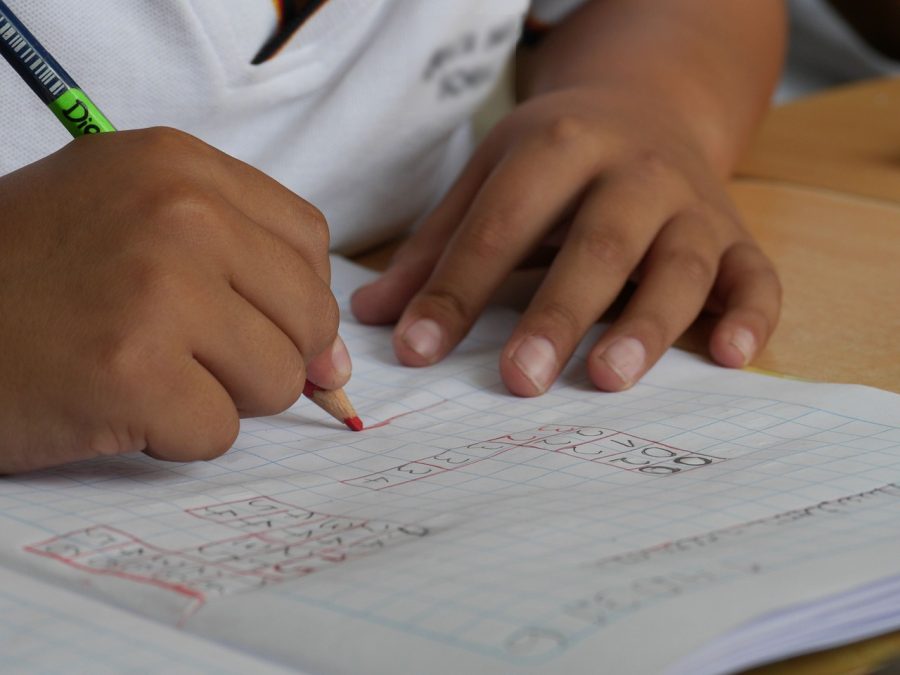
Legal experts have broadly addressed the border legislation put forward by Orpo’s government through the lens of the Constitution and international human rights treaties.
As a child rights lawyer, I want to highlight a few key issues from the perspective of children’s rights that must be considered when attempting to amend the law, and especially when it comes time to vote on it in the grand chamber.
📌 Exceptional circumstances do not allow for deviations from the full implementation of children’s rights. Rather, exceptional circumstances require us to turn our attention to children’s rights and ensure that they are respected even during such times.
📌 The proposed deportation law is in conflict with the UN Convention on the Rights of the Child. Finland has an obligation to uphold and promote this convention. Children are particularly protected under public authority.
📌 We cannot enact a law that violates Finland’s legal obligations and could endanger children at the border.
💔 A child has the right to a family. A child and parent must not be separated without a thorough assessment of the child’s best interests. Border guards do not have the capacity or expertise to make this assessment. There are shocking examples from around the world where children have been separated from their parents at borders. I still vividly remember images in the news when the United States (the only country not committed to the UN Convention on the Rights of the Child) forcibly separated children from their parents. Such actions are not conducted in civilized countries. The trauma that a child experiences is not easily remedied and may never be.
💔 Children who arrive without guardians are in the most vulnerable position and are thus entitled to special protection. A designated representative must always be present in the hearings of this group of children. The proposal does not ensure these children’s rights at the border, exposing them to danger. Child trafficking is often a risk for this group, and it is our responsibility to protect them at the border.
Typically, this group of children has faced many risks during their journey that jeopardize their growth and development. They seek safety away from their families. For many, their families have been broken or no longer exist. A responsible state ensures their well-being, as mandated by the UN Convention on the Rights of the Child.
💔 The rights of teenagers are still children’s rights. The UN Convention on the Rights of the Child applies to all individuals under 18 years of age. Border authorities cannot accurately assess the age of nearly adult children, as they lack the expertise and time for such assessments. Age determination must be made by professionals.
📌 It should be noted that phone interpretation is insufficient to ensure a safe encounter and is not in the child’s best interest in situations involving basic and human rights.
Children’s Ombudsman Elina Pekkarinen also finds the draft proposal extremely problematic from the perspective of children’s fundamental and human rights and does not support its advancement.
According to the Ombudsman, the draft aims to secure children’s rights, but these rights would not be effectively realized, as children could be denied entry to the country or removed from it.
Furthermore, the Ombudsman considers it particularly problematic that children would not have legal remedies available, such as the right to appeal. The regulation could also lead to a child being separated from their family.

Share this post